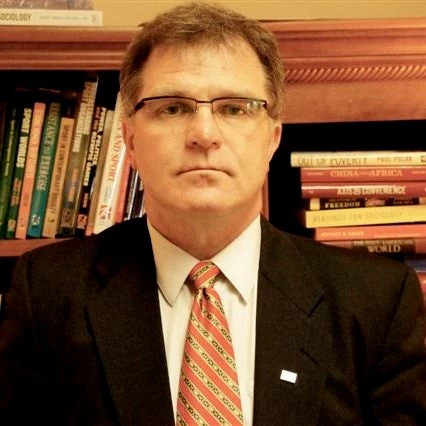
Sport is no longer an activity solely associated with exercising the human body and mind. It’s a global industry that captivates billions of people, employs millions, and generates as much revenue, according to a recent study, as one percent of global GDP.
Growing at around seven percent annually between 2009 and 2013 – that’s faster than the GDP of most countries in the world – sport has become a behemoth. And with huge size comes a darker side. Corruption, cheating, bribery. It’s time to clean up sport and promote healthy physical education with a new global initiative.
Since the beginning of the 20th century, modern sport has been self-governed by non-governmental organizations (NGOs) such as international sport federations (ISFs) and the International Olympic Committee (IOC). Many of those NGOs have become immersed in corruption scandals.
These scandals have included accusations of bribe-taking during bidding processes, criticism of the handling of host country nominations, doping and match fixing. The very core of international sports competition has been shaken and begs for the intervention of governments and intergovernmental organizations such as UNESCO and the Council of Europe to work in partnership with these NGOs.
Two types of corruption plague sport: On-the-field corruption by athletes, team officials, referees through doping, match fixing and hooliganism. And off-the-field corruption by managers, officials and operators through bribes, rigged contracts, misuse of authority, influence peddling and insider information. Both compromise the integrity of sport and create unacceptable situations, including money laundering, kickbacks, illegal betting, public health issues, and human trafficking.
Corruption can lead athletes to commit suicide or become dependent on drugs, collapse on the field of play, even be persecuted by organized crime. As the unregulated sports industry grows exponentially, its darker side is becoming increasingly prevalent with doping and bribery scandals.
In developing countries, sports play a natural role in gender inclusiveness. Many leaders of these countries use sport as a vehicle to unite the population and restore pride.
It’s clear we must protect sport from neglect and corruption. We need a proactive and preventive initiative that will kick start a global debate in which all stakeholders can share their views on combating corruption in sport.
The World Bank Group is a natural partner and leader for those interested in correcting and improving ethics in sport. With its intellectual expertise, it can provide solutions for a global sports community that has been unable or unwilling to act on its own.
Many academics believe the world is desperately yearning for sport that is sustainable, addiction-free, fair, and ethical. The World Bank Group and UNESCO are the only global bodies within the United Nations system that have the knowledge and resources to clean up sport and preserve it for generations to come.
Now we need to engage individuals, experts, athletes, and organizations in a global discussion. Let’s turn this discussion about sport and ethics into a global game changer.


Join the Conversation